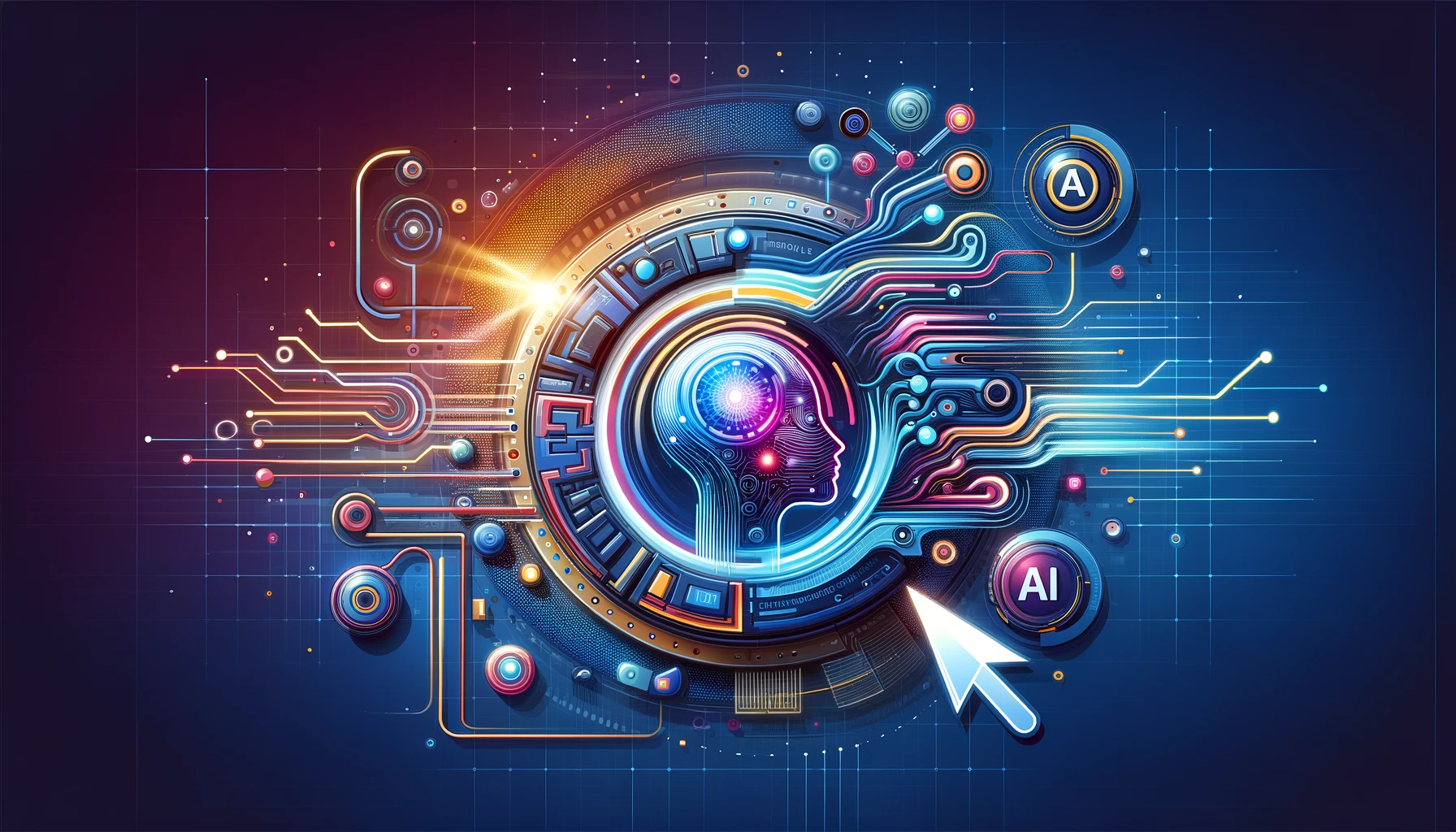
Through the AI Looking Glass
The Fascination and Flaws of AI
AI has captivated the world with its vast potential and capabilities, presenting itself as a revolutionary tool across various sectors, including business, healthcare, and entertainment. Despite its flaws, AI's integration into the core of societal functions cannot be overstated, signifying its indispensable role in modern life. WIRED magazine sums it up "AI is a fascinating tool. However that is just it, in many cases it is simply overhyped, poorly understood and even flawed."
You can read their article HERE
Challenges Ahead: Bias and Ethical Concerns
The dynamic nature of AI brings to light new challenges, some of which were previously anticipated yet have evolved into more complex issues. Among the most pressing concerns is the inherent bias within AI algorithms. These biases, often a reflection of societal prejudices, have significant implications, especially as AI becomes instrumental in recruitment processes and academic admissions. Such biases underscore the urgent need for discernment in the application of AI technologies.
You can read more articles in detail at IBM and NIST
AI Hallucinations: A Reality Check
The concept of AI hallucinations introduces a peculiar challenge. Initially bewildering, this phenomenon involves AI generating misleading or entirely false information as if factual. This issue highlights the limitations and potential pitfalls of relying on AI for decision-making, particularly in critical areas like business and healthcare, underscoring the necessity for caution and a critical approach to AI outputs.
IBM did a good article on this topic HERE
Addressing AI's Imperfections
Recognizing AI's flaws is the first step toward mitigating its limitations. While some issues, like algorithmic bias, present ongoing challenges, there is optimism that increased observability and transparency in AI's development and deployment can address these concerns over time. However, the human aspect of AI, including the intentional manipulation of data, known as data poisoning, poses a significant threat to the integrity of AI systems.
Data Poisoning: A New Frontier of Cybersecurity
Data poisoning represents a sophisticated form of cyber attack, where adversaries manipulate training data to compromise AI models. This vulnerability underscores the critical importance of AI security as an emerging field. As society continues to integrate AI into various aspects of life, adopting robust AI security measures becomes paramount to safeguard against malicious interventions.
You can read more at DEFENCE and TechRadar
I would be remiss to not point out tools already being used by artists who do not want AI including their artwork in the AI Models.
Even though their reasons are easily understood, it is an intentional case of Data Poisoning they readily admit to.
A tool called Nightshade does just that. MIT states "The tool, called Nightshade, messes up training data in ways that could cause serious damage to image-generating AI models."
Read More at MIT's Technology Review
The Evolution of Jobs in the Age of AI
The advent of new technologies historically leads to a shift in the job market, and AI is no exception. While some jobs may become obsolete, new opportunities, particularly in AI security, are expected to emerge. This evolution emphasizes the need for vigilance, transparency, and ethical considerations in the deployment of AI technologies.
The Imperative of Robust AI Security Measures
As AI becomes more integrated into critical areas of society, the importance of implementing comprehensive security measures cannot be overstated. Data poisoning and other forms of cyberattacks pose significant threats to the integrity of AI systems. Strategies such as data sanitization, model regulation, and real-time monitoring are essential to mitigate these risks. The adoption of these measures by businesses and communities will be crucial in safeguarding against the adverse effects of malicious interventions.
Ethical AI Development: A Cornerstone for the Future
The ethical development of AI is arguably the most critical aspect of its integration into society. Ensuring AI's fairness, accountability, and transparency requires a concerted effort from developers, regulators, and users. Ethical guidelines and frameworks need to be at the forefront of AI development, guiding decisions that affect its design, implementation, and deployment. Engaging in open dialogues, fostering interdisciplinary collaborations, and emphasizing the human-centric approach to AI will be vital in navigating the ethical complexities of this technology.
Conclusion: Embracing AI with Caution and Optimism
AI undeniably represents a game-changer in the modern era, offering unparalleled opportunities for innovation and efficiency. However, the rapid evolution of AI technology brings with it new challenges and ethical dilemmas. As we navigate this landscape, discernment, transparency, and diligence must guide our approach to integrating AI into our lives, ensuring that we harness its potential while mitigating its risks. The future of AI is not just about the technology itself but about how we choose to shape it, use it, and govern it.

Post Address
3213 Dalhart Dr, Fort Worth TX 76179
General
Phone: (800) 839-1129
Email: sales@AnterisIndustries.com
Operation Hours Central Standard Time
Mon-Sat: 09.00 to 05.00 (Sunday: Closed)


